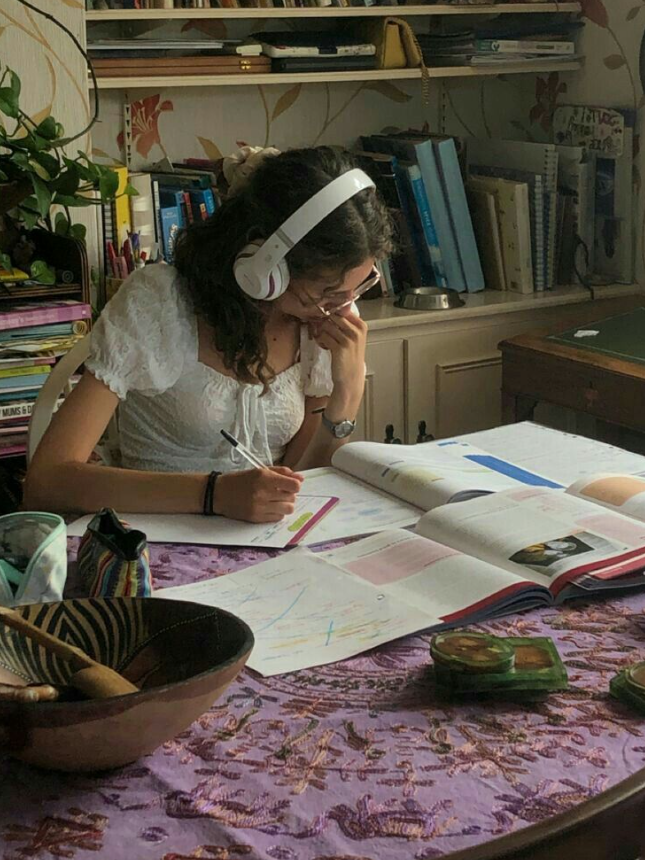Many international students each year are able to attend postgraduate courses with the help of a student scholarship and awards. We asked Loughborough University’s advice on how to get started…
Applying for Student Scholarships and Awards
Where do I start?
British Government makes most of the scholarships to another, either directly or through an organisation such as the British Council.
The first thing you should do therefore is to contact your own ministry of Education or Education Department, who will have details of most schemes and who will also be able to advise you of your own government’s conditions for studying abroad.
You should also contact your nearest British Council Office in your own country, who should have details of scholarship schemes and who will be able to give you information on educational courses and on living in Britain.
If there is no British Council Office, then contact the nearest Embassy or High Commission.
How do I apply?
The competition for scholarships and grants to study in the UK is very strong. Most grant-making organisations will insist that you meet some very strict requirements. If you do meet all the requirements for a grant, then your application will not be considered.
When you apply remember:
- It is necessary to apply well in advance of the start of the course, often at least one year.
- Deadlines vary, so you must check that you know what the deadline is before applying.
- Usually, you must apply in your own country.
- Your application should be clear and concise.
- You should use the grant-making body’s application if it has one.
What scholarships are available?
The British Government through various schemes gives scholarships. Here are a list and contact details of the following scholarships available for the UK.
British Chevening Scholarships
2,200 awards available in over 150 countries. The aim is to bring to the UK present and future leaders, decision-makers and opinion-formers, including particularly able students from countries with whom the UK’s economic relations are expected to develop. Contact the British Embassy, High Commission or British Council Office in your own country for information.
The Commonwealth Scholarship and Fellowship Plan (CSFP)
300 awards (approx) available. It assists commonwealth students and academics of high intellectual calibre to study in other Commonwealth countries.
You are eligible primarily if you have a degree and only if you are a citizen of either a commonwealth country of a British dependent territory.
Information can be obtained from: The Commonwealth Scholarship Commission, Association of commonwealth Universities, 36 Gordon Square, London. WC1H 0PF. It cannot however issue application forms to international students.
British Council Fellowship Programme
Only 8 awards available (approx) provides study in the UK for professional’s fields, which the council considers particularly important in the country concerned
DfiD Shared Scholarship Scheme
Limited awards available you must not be employed by your government or by an international organisation and you must be resident in a developing Commonwealth country. Contact your local British Council Office or British High Commission.
Overseas research students Awards Scheme (ORSAS)
up to 850 Awards each year: These grants are for postgraduate students intending to undertake full-time study for a higher degree as registered research students at a British university and who are liable to pay fees chargeable to overseas students.
Academic merit and research potential are the sole criteria governing the selection of candidates. For more information contact the main ORSAS office at: The Committee of vice-Chancellors and Principals (CVCP), 29 Tavistock Square, London, WC1H 9EZ.
Royal Society fellowships
Theses fellowships enable key post-doctoral scientists from a selection of countries to undertake research in the UK. Contact: The Royal Society, 6 Carlton house Terrace, London SW1Y 5AG.
International agencies
Some international organisations such as UNESCO or WHO operate schemes usually for developing countries. Details should be available through your own government’s ministry of Education.
Confederation of British industry Overseas Scholarships
The confederation of British industry offers overseas scholarships for engineers from selected countries that wish to undergo a period of practical training in the UK. Information is available through the British Council or British High Commission or Embassy in your own country.
Voluntary organisations
Voluntary organisations such as religious bodies and charities, sometimes award scholarships, though they can be limited in size and scope. For information, contact the appropriate organisations in your own country.
Is there anything else I should know?
Remember that even if you are able to obtain a scholarship, you still need to be sure that it is enough to meet all of your costs. Once you are in the UK, it will be extremely difficult, if not impossible, to obtain extra funds, and you will not be able to pay for your study by working in the UK.
Be especially careful if you only have a partial scholarship or if you intend to bring your family. Most of the scholarships are still only for single scholars and won’t be enough for your wife or husband and any children.
Think very carefully about whether you want to be separated for a year or longer. The local British Council office should have up-to-date guidance on the cost of living in Britain. Your chosen university will provide you with details of costs for your local area.
It is important to note that many universities and colleges do also provide their own scholarship schemes and awards so contact your international officer at the university of your choice for more information.
Check the conditions of scholarships carefully and be sure that they fulfil your needs. Some are only for certain courses and for a fixed period of time.
Once you have accepted a scholarship and begun studying it is very unlikely you will be able to change your course or extend your scholarship.
